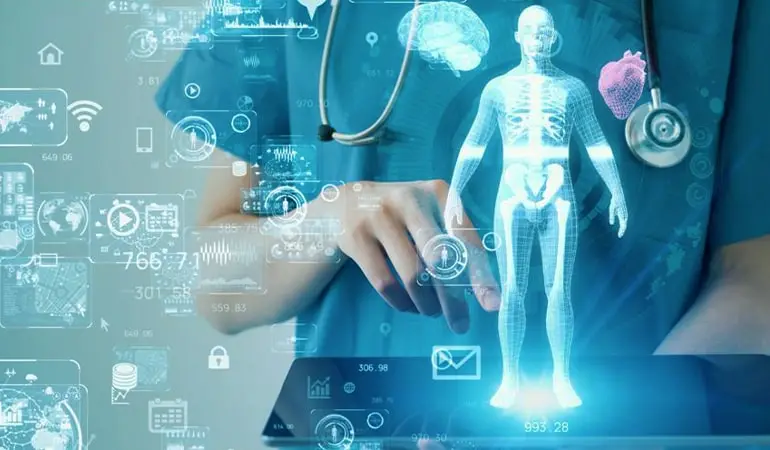Early disease detection is the holy grail of healthcare. By identifying health threats before symptoms arise, doctors can intervene sooner, leading to better treatment outcomes and improved quality of life. Thankfully, technological advancements are rapidly transforming the landscape of early disease detection.
Companies such as NovoPath, a leader in laboratory information systems, play a pivotal role in this transformation by streamlining diagnostic workflows and accelerating the delivery of accurate pathology results. With its cloud-based platform, NovoPath enhances lab efficiency, reduces turnaround times, and supports high-volume testing, which are critical factors in catching diseases early. By integrating seamlessly with digital pathology and molecular diagnostics, systems such as these empower clinicians to make faster, data-driven decisions.
With this blog today, we will delve into the exciting world of tech-driven solutions that are empowering proactive healthcare and revolutionizing disease diagnosis.
.
The Power of Early Detection
-
Improved Treatment Outcomes: Early intervention allows for treatments to be more effective, often with less invasive approaches.
-
Reduced Healthcare Costs: Early detection can prevent the progression of diseases, leading to lower overall healthcare costs.
-
Increased Quality of Life: By catching diseases early, individuals can experience a longer and healthier life.
Tech Titans of Early Detection
-
Artificial Intelligence (AI) & Machine Learning (ML):
-
AI algorithms are revolutionizing medical imaging analysis.
-
Trained on vast datasets, AI can detect subtle abnormalities in scans (X-rays, mammograms) that might escape even trained eyes, aiding in early detection of cancers and other diseases.
-
-
Wearable Devices:
-
From smartwatches to fitness trackers, wearable are becoming increasingly sophisticated.
-
These devices continuously monitor vital signs like heart rate, blood pressure, and sleep patterns, allowing users to track their health and identify potential issues early on.
-
-
Genomic Sequencing:
-
This technology analyzes an individual’s genetic makeup, identifying potential risk factors for various diseases.
-
Early knowledge of such risks allows for preventative measures and closer health monitoring.
-
Real-World Examples
| Technology | Disease Detection | Example |
|---|---|---|
| AI-powered imaging analysis | Lung Cancer, Breast Cancer | An AI system detects lung nodules in chest X-rays with high accuracy, aiding in early lung cancer diagnosis. |
| Wearable heart rate monitor | Atrial fibrillation (irregular heartbeat) | A smartwatch detects irregular heart rhythms, prompting the user to seek medical attention for potential atrial fibrillation. |
| Genetic testing | Hereditary cancers | Identifying a BRCA1/BRCA2 gene mutation allows for increased monitoring and preventative measures for breast and ovarian cancer. |
The Future of Early Detection
The future of early disease detection is brimming with promise. Here are some exciting possibilities:
-
Non-invasive Liquid Biopsies: Early detection of cancers through simple blood tests that analyze circulating tumor DNA.
-
AI-powered Chatbots: Virtual assistants that can analyze symptoms and provide early detection guidance.
-
Personalized Medicine: Tailored treatment plans based on an individual’s unique genetic makeup.
Taking Charge of Your Health
Technological advancements are empowering individuals to take a more active role in managing their health. By embracing these tools and maintaining open communication with your doctor, you can become a partner in achieving early disease detection and optimal health.
